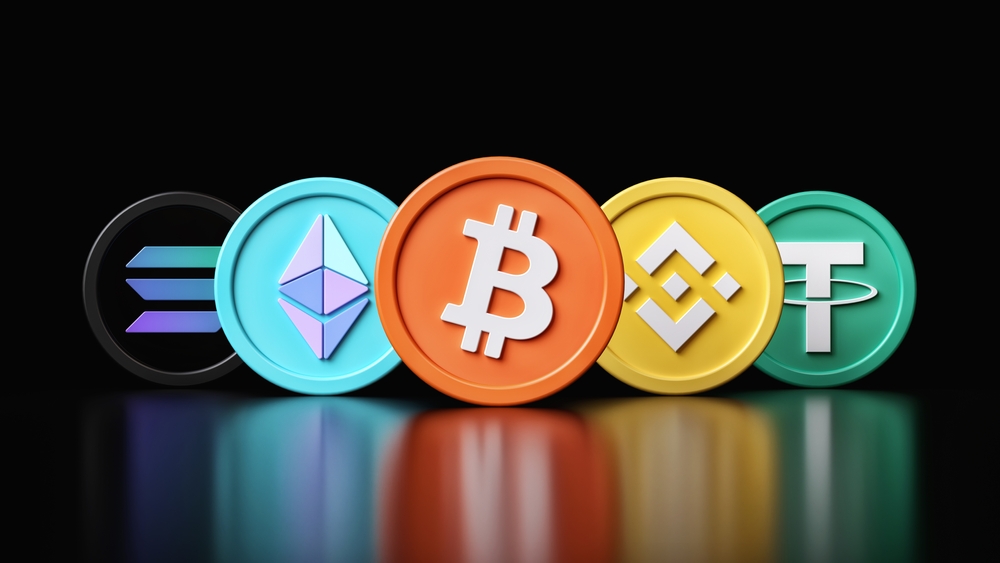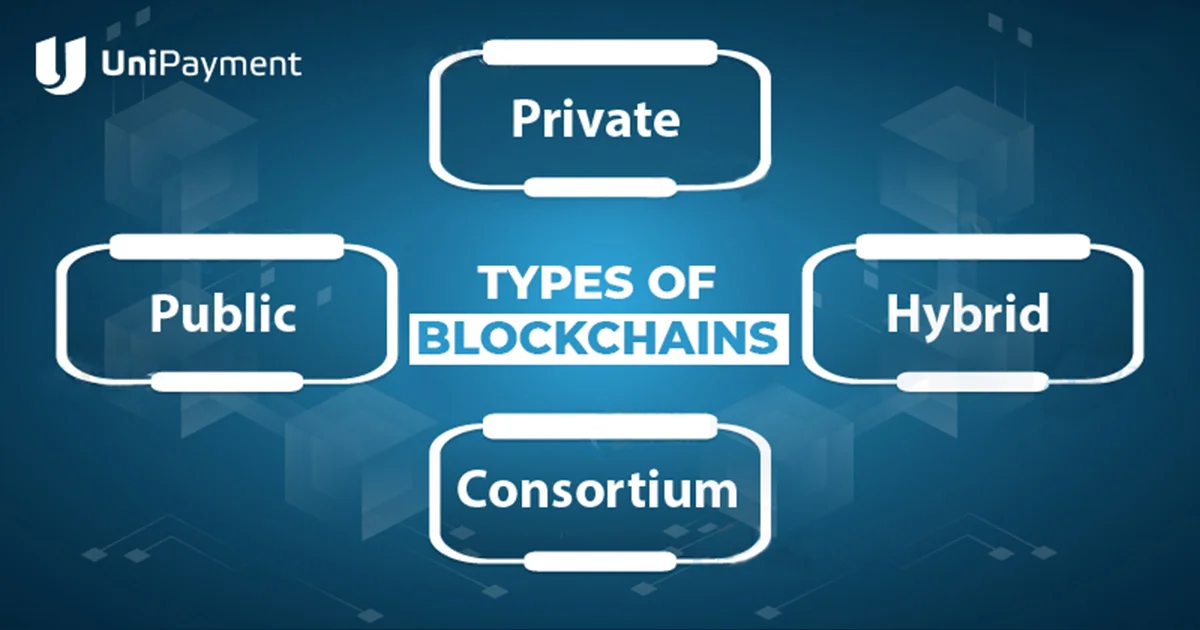List of all cryptocurrencies
Cryptocurrency was invented by Satoshi Nakamoto, which is the pseudonym used by the inventor of Bitcoin. Even though digital currency concepts existed before Bitcoin, Satoshi Nakamoto was the first to create a peer-to-peer digital currency that reliably solved the issues facing previous digital money projects best online casino reviews. Bitcoin was initially proposed in 2008 and launched in early 2009. Following the invention of Bitcoin, thousands of projects have attempted to imitate Bitcoin’s success or improve upon the original Bitcoin design by leveraging new technologies.
Welcome to CoinMarketCap.com! This site was founded in May 2013 by Brandon Chez to provide up-to-date cryptocurrency prices, charts and data about the emerging cryptocurrency markets. Since then, the world of blockchain and cryptocurrency has grown exponentially and we are very proud to have grown with it. We take our data very seriously and we do not change our data to fit any narrative: we stand for accurately, timely and unbiased information.
NFTs are multi-use images that are stored on a blockchain. They can be used as art, a way to share QR codes, ticketing and many more things. The first breakout use was for art, with projects like CryptoPunks and Bored Ape Yacht Club gaining large followings. We also list all of the top NFT collections available, including the related NFT coins and tokens.. We collect latest sale and transaction data, plus upcoming NFT collection launches onchain. NFTs are a new and innovative part of the crypto ecosystem that have the potential to change and update many business models for the Web 3 world.
The two major categories of cryptocurrencies are Proof-of-Work and Proof-of-Stake. Proof-of-Work coins use mining, while Proof-of-Stake coins use staking to achieve consensus about the state of the ledger.

Are all cryptocurrencies based on blockchain
Put simply, blockchain is a technology that enables the secure sharing of information. Data, obviously, is stored in a database. Transactions are recorded in an account book called a ledger. A blockchain is a type of distributed database or ledger, which means the power to update a blockchain is distributed between the nodes, or participants, of a public or private computer network. This is known as distributed ledger technology (DLT). Nodes are rewarded with digital tokens or currency to make updates to blockchains.
Cryptocurrency has grown far beyond just Bitcoin. As the industry continues to evolve, there are now thousands of different digital assets serving different purposes. Some are designed for fast payments, while others offer access to decentralised services, private transactions, or even decision-making within a project.
What is the most important thing to keep in mind about Bitcoin Mining Pools? Any pool you join will probably ask you for a small donation at first. The downside of these donations is that they are paid from your mining reward, which will reduce the payout. You should choose a pool that has a good reputation and one that offers an additional reward for payment verification. This makes sure you’re on the receiving end of your fair share of bitcoins, not less or none at all, or even more than expected.

Put simply, blockchain is a technology that enables the secure sharing of information. Data, obviously, is stored in a database. Transactions are recorded in an account book called a ledger. A blockchain is a type of distributed database or ledger, which means the power to update a blockchain is distributed between the nodes, or participants, of a public or private computer network. This is known as distributed ledger technology (DLT). Nodes are rewarded with digital tokens or currency to make updates to blockchains.
Cryptocurrency has grown far beyond just Bitcoin. As the industry continues to evolve, there are now thousands of different digital assets serving different purposes. Some are designed for fast payments, while others offer access to decentralised services, private transactions, or even decision-making within a project.
Do all cryptocurrencies use blockchain
Cryptocurrencies and blockchain technology are often regarded as the same thing. This makes it seem like a cryptocurrency cannot exist without an underlying blockchain technology. But is this really the case?
Public perception of blockchain and cryptocurrencies, in particular, remains uneasy. High-profile collapses of once-trusted cryptocurrency brokers, such as Mt. Gox back in 2014, or FTX in November 2022, persistence of various crypto scams, and general skepticism towards new technology and its bold promises, all contribute to ongoing public skepticism about a decentralized future. As of 2024, 44% of Americans still say they will never purchase a cryptocurrency.
The dark web allows users to buy and sell illegal goods without being tracked by using the Tor Browser and make illicit purchases in Bitcoin or other cryptocurrencies. This is in stark contrast to U.S. regulations, which require financial service providers to obtain information about their customers when they open an account. They are supposed to verify the identity of each customer and confirm that they do not appear on any list of known or suspected terrorist organizations.
Once a transaction is recorded, its authenticity must be verified by the blockchain network. After the transaction is validated, it is added to the blockchain block. Each block on the blockchain contains its unique hash and the unique hash of the block before it. Therefore, the blocks cannot be altered once the network confirms them.














